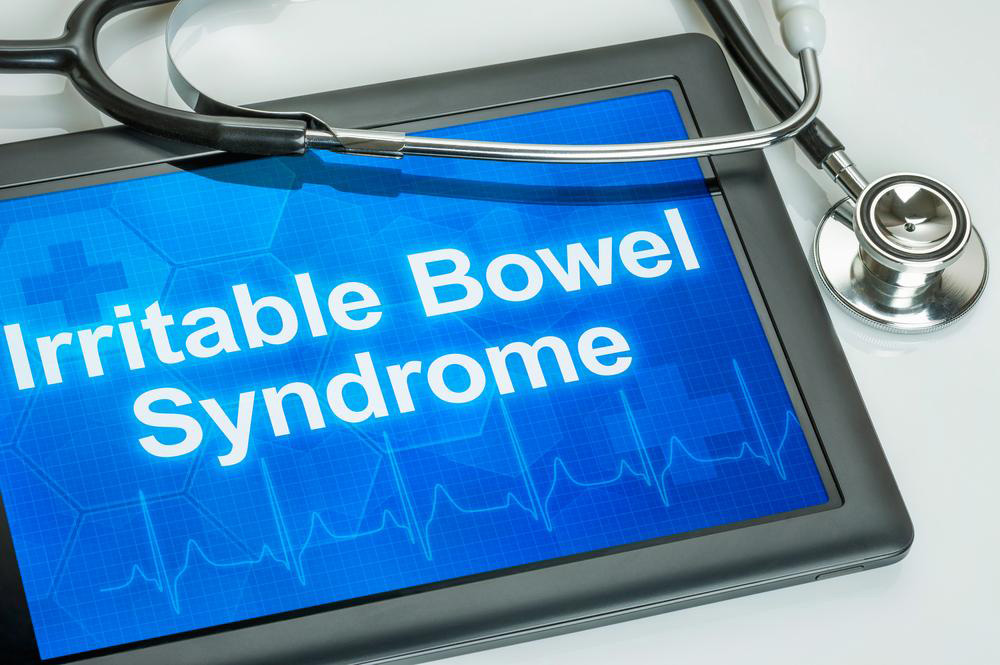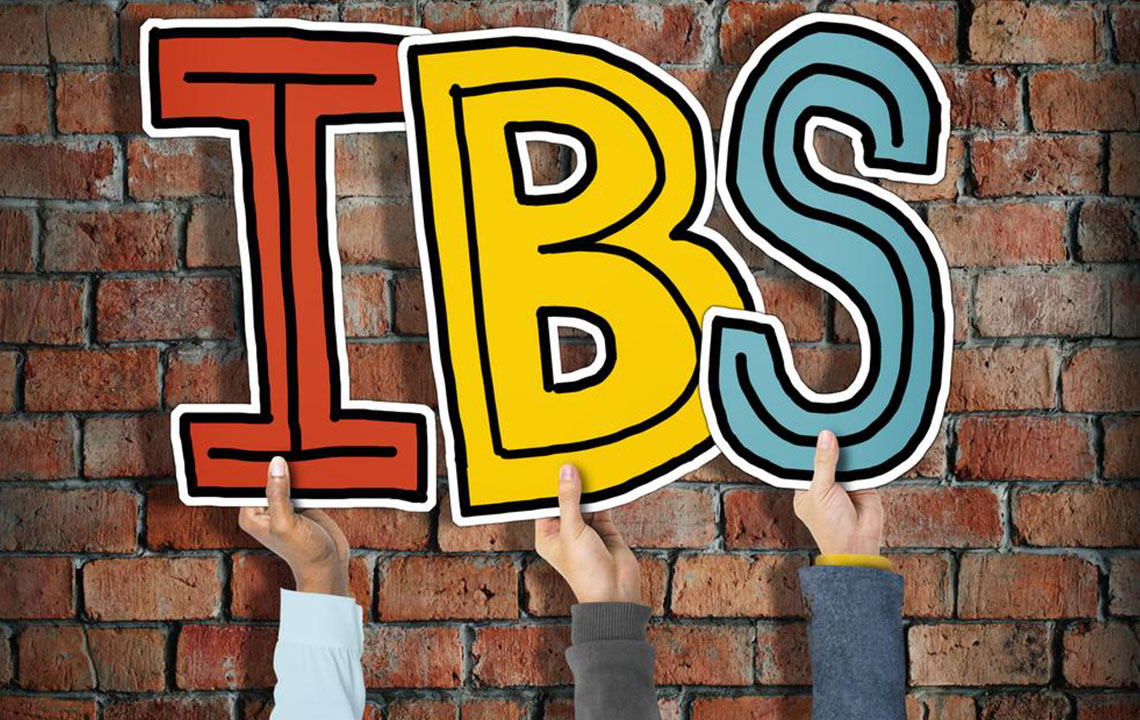Comprehensive Guide to IBS: Recognizing Symptoms and Effective Management Approaches
IBS is a common digestive disorder characterized by symptoms like abdominal pain, diarrhea, constipation, and bloating. This detailed guide explores its symptoms, causes, diagnosis, and effective management strategies, including lifestyle changes, dietary modifications, and medical treatments. Understanding IBS helps patients improve their quality of life through personalized care and comprehensive treatment plans.

Irritable bowel syndrome (IBS) is a widespread functional gastrointestinal disorder that affects a significant portion of the global population. Characterized by a combination of uncomfortable digestive symptoms, IBS can substantially impact daily life and overall health. Recognizing the key signs and understanding effective management strategies are essential for improving patient outcomes. This detailed guide aims to provide a thorough overview of IBS, including its symptoms, causes, types, diagnosis, and various treatment options to help manage this chronic condition effectively.
IBS affects millions worldwide, regardless of age or gender, although women tend to experience it more frequently than men. The condition is classified as a functional disorder, meaning that it involves altered bowel function without any identifiable structural abnormalities in the gastrointestinal tract. Its hallmark symptoms include recurrent abdominal pain, which is often relieved by bowel movements, along with alterations in bowel habits such as diarrhea, constipation, or a mix of both. Many individuals also suffer from bloating, excessive gas, and a feeling of incomplete evacuation, which can lead to significant discomfort and anxiety.
Understanding the range of symptoms is vital in diagnosing and managing IBS. The symptoms can vary greatly between individuals, making diagnosis sometimes challenging. For some, the condition manifests predominantly through episodes of diarrhea (known as diarrhea-predominant IBS), while others primarily experience constipation (constipation-predominant IBS). There are also cases where symptoms alternate between these states or are centered around pain without significant changes in bowel movements (pain-focused IBS).
One of the complexities surrounding IBS is its unclear etiology. Multiple factors are believed to contribute, including heightened gut sensitivity, abnormal muscle contractions in the intestinal wall, inflammation, gut microbiota imbalance, and heightened brain-gut axis communication. Psychological factors such as stress, anxiety, and depression also play a crucial role in both the onset and exacerbation of symptoms. This interplay underscores the importance of a holistic approach to treatment that addresses both physical symptoms and emotional health.
Proper diagnosis of IBS involves a thorough medical history, physical examination, and the exclusion of other potential conditions such as inflammatory bowel disease, celiac disease, or infections. Diagnostic criteria, such as the Rome IV criteria, are commonly used to identify IBS based on symptom patterns. Tests such as blood work, stool analyses, and endoscopic procedures may be performed to rule out other serious conditions like gastrointestinal bleeding or weight loss that require different treatment approaches.
While there is no definitive cure for IBS, numerous strategies can significantly alleviate symptoms and improve quality of life. Lifestyle modifications, including dietary adjustments and stress management, are often the first line of intervention. Patients are encouraged to adopt a balanced diet, avoid trigger foods like fatty meals, caffeine, alcohol, and artificial sweeteners, and incorporate fiber-rich foods if tolerated. Some individuals benefit from low FODMAP diets, which reduce fermentable carbohydrates known to cause gas and bloating.
Stress management techniques such as mindfulness meditation, yoga, and cognitive-behavioral therapy (CBT) can help reduce the severity and frequency of symptoms, especially given the strong brain-gut connection involved in IBS. Regular exercise, adequate hydration, and ensuring proper sleep are additional lifestyle factors that support gastrointestinal health.
Medical treatments are tailored to the specific symptoms experienced by each patient. For diarrhea-predominant IBS, antidiarrheal agents like loperamide may be prescribed. Constipation can be managed with fiber supplements, laxatives, or medications that modulate gut motility. Pain management may involve antispasmodic drugs, antidepressants, or probiotics aimed at restoring healthy gut flora. A multidisciplinary approach, including dietary experts, psychologists, and gastroenterologists, often yields the best outcomes.
Emerging therapies, including microbiota-targeted treatments and novel pharmacological agents, continue to expand options for IBS management. Ongoing research aims to better understand the underlying mechanisms and develop more effective, personalized therapies. Patients should work closely with healthcare providers to develop a comprehensive plan that considers their unique symptoms, lifestyle, and preferences.
In conclusion, IBS is a complex but manageable condition. Awareness of its symptoms, accurate diagnosis, and tailored treatment strategies can significantly enhance the quality of life for those affected. Emphasizing lifestyle modifications, psychological support, and appropriate medical interventions provides a pathway toward effective symptom control and improved well-being.





